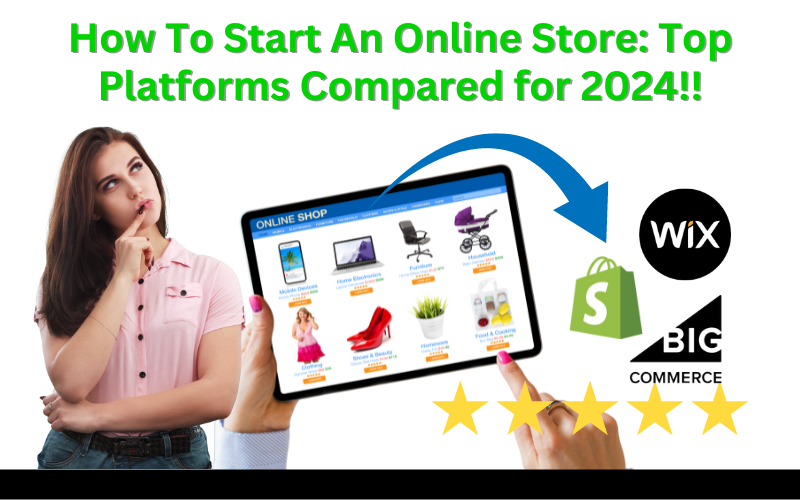Figuring out how to start an online store can be overwhelming, especially with so many platforms to choose from. Whether you’re looking for something simple or need advanced features to scale your business, selecting the right e-commerce platform is crucial. In this post, we’ll compare the top platforms for 2024, helping you make an informed decision so you can launch and grow your online store with confidence.
Table of Contents
Ease of Use
When deciding how to start an online store, ease of use is often one of the most critical factors, especially if you’re a beginner. The best platforms simplify the process with drag-and-drop builders and intuitive interfaces. Let’s break down how the top platforms perform in this area:
- Shopify: Shopify is well-known for its incredibly user-friendly setup. Even with no coding experience, users can easily customize their stores and integrate apps.
- Wix: Ideal for beginners, Wix offers an easy drag-and-drop editor that allows users to fully customize their store’s look and feel with no technical knowledge.
- BigCommerce: This platform offers more advanced features, which might be slightly more challenging for beginners, but it also offers step-by-step guides to help with the setup process.
- WooCommerce: While WooCommerce gives you total flexibility, it requires you to manage hosting and a WordPress site, which adds a technical layer that might not suit everyone.
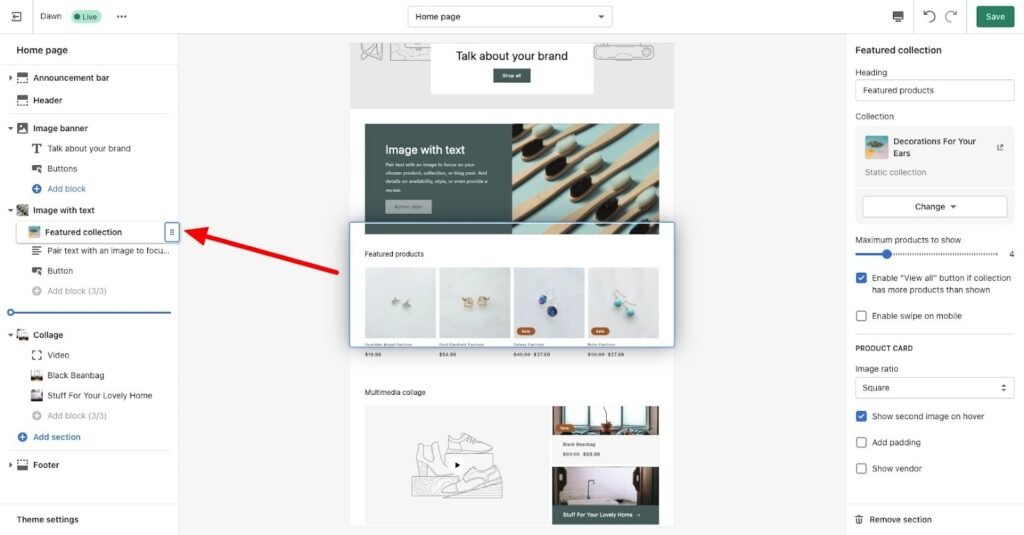
Cost & Pricing Plans
Understanding the costs involved is key when starting an online store. Here’s a breakdown of pricing across popular platforms:
- Shopify: Shopify’s plans start at $29/month, scaling up to $299/month for more advanced features. There are transaction fees unless you use Shopify Payments.
- Wix: Wix’s e-commerce plans start at $27/month and can go up depending on the features and storage space required. They have no transaction fees, which is a plus for many businesses.
- BigCommerce: BigCommerce pricing starts at $29.95/month. One unique advantage is that there are no transaction fees on any of the plans.
- WooCommerce: WooCommerce itself is free, but you’ll need to budget for hosting (around $10–$30/month), domain registration, and any premium themes or plugins.
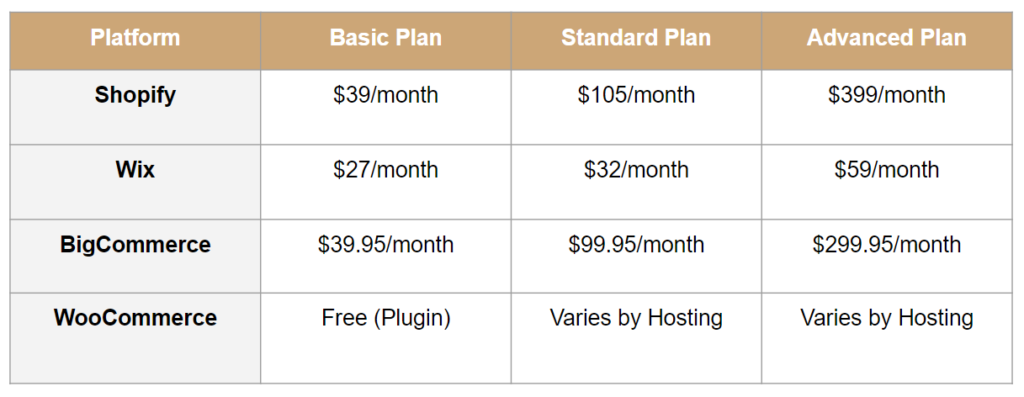
Notes:
- Shopify: The Basic plan is suitable for new businesses, the Standard plan offers additional features for growing businesses, and the Advanced plan includes advanced reporting and shipping options.
- Wix: The Basic plan includes essential e-commerce features, while the Standard and Advanced plans offer more storage, features, and support.
- BigCommerce: The Basic plan provides essential features for starting out, the Standard plan offers more advanced features, and the Advanced plan includes extensive customization options and B2B features.
- WooCommerce: The plugin itself is free, but costs vary based on hosting providers and additional plugins or themes.
It’s essential to account for additional costs like domain registration, third-party apps, and transaction fees that can add up quickly.
Customizability
Customizability can make a huge difference in branding and user experience. A good platform lets you modify your online store’s layout, colors, and functionality to reflect your brand.
- Shopify: Offers a variety of professional themes, both free and paid, that you can customize. However, advanced customization may require knowledge of Liquid, Shopify’s coding language.
- Wix: Known for its flexibility, Wix gives full control over design with a drag-and-drop builder. You can modify almost every element to match your brand without coding skills.
- BigCommerce: Provides a range of customization options with both free and paid themes, though some advanced modifications might require developer support.
- WooCommerce: As it is built on WordPress, WooCommerce is highly customizable. Users have access to thousands of themes and plugins, allowing for endless design and functionality possibilities.
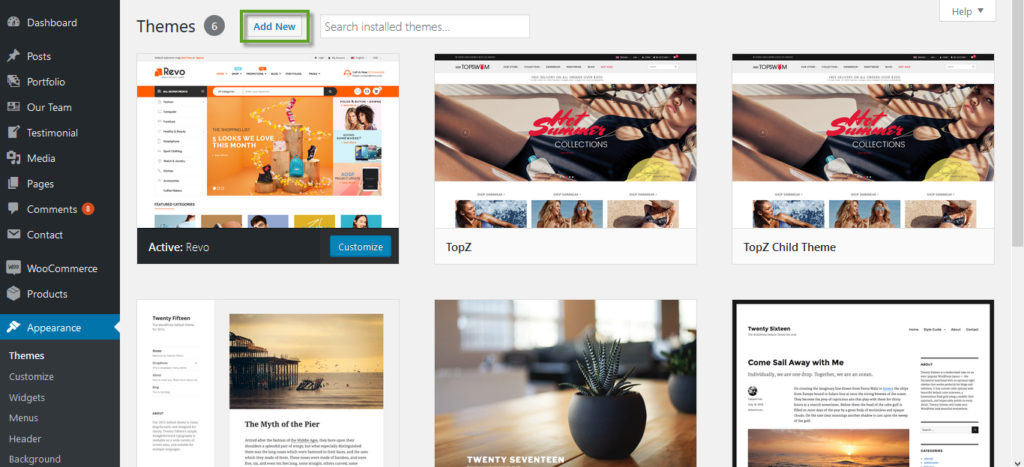
Product Management Features
Managing your inventory and products effectively is vital for a successful e-commerce store. Here’s how the platforms compare:
- Shopify: Shopify makes it easy to add and manage products. You can add multiple variants (e.g., size, color), track inventory, and even manage dropshipping within the platform.
- Wix: Wix supports basic product management features like product variations, but its options may be limited for larger stores.
- BigCommerce: Known for its robust product management tools, BigCommerce excels in handling complex inventories, bulk pricing, and multi-channel sales.
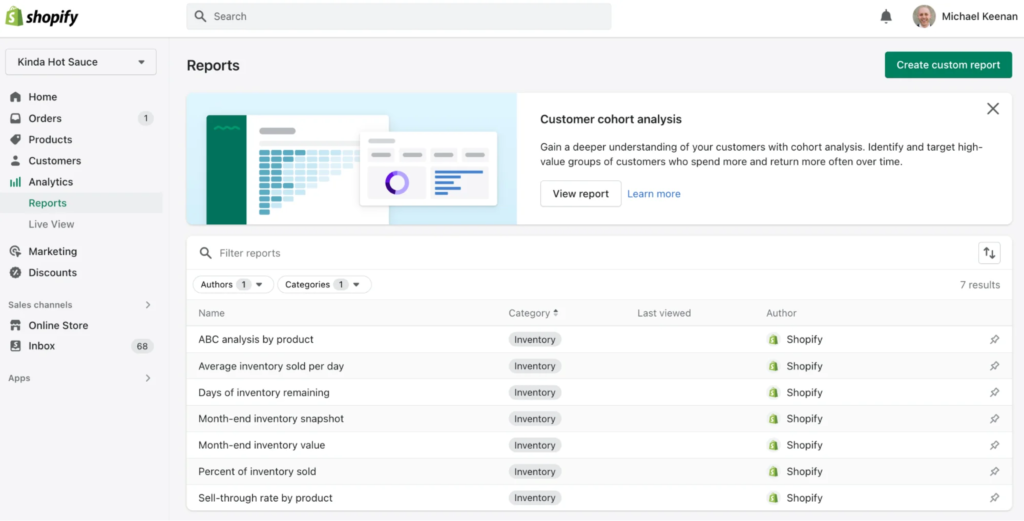
- WooCommerce: With WooCommerce, product management is very flexible. You can add unlimited products and customize attributes, but managing a large inventory may require additional plugins for smooth operations.
Payment Options & Security
Offering secure and diverse payment options builds customer trust. Here’s a breakdown of what each platform offers:
- Shopify: Shopify supports over 100 payment gateways, including Shopify Payments, PayPal, and Stripe. It also includes SSL certification for secure transactions.
- Wix: Wix supports various payment methods, including PayPal, credit cards, and Stripe. Like Shopify, SSL security is included in all plans.
- BigCommerce: BigCommerce integrates with over 65 payment gateways and offers strong security features like SSL and PCI compliance.
- WooCommerce: WooCommerce accepts all major payment gateways like Stripe and PayPal. However, SSL certificates and PCI compliance are managed through your hosting provider.

SEO and Marketing Tools
If you want to know how to start an online store that attracts traffic, SEO and marketing tools are essential. Here’s how the platforms rank:
- Shopify: Shopify offers built-in SEO tools and a variety of marketing integrations, including email campaigns and social media selling.
- Wix: Wix includes decent SEO tools, but they are more basic compared to Shopify and BigCommerce. It does offer integrated email marketing options.
- BigCommerce: Known for its strong SEO features, BigCommerce is ideal for scaling your e-commerce business through organic search.
- WooCommerce: Being a WordPress plugin, WooCommerce offers superior SEO capabilities, especially with plugins like Yoast SEO. You can also integrate third-party email marketing and social media tools.
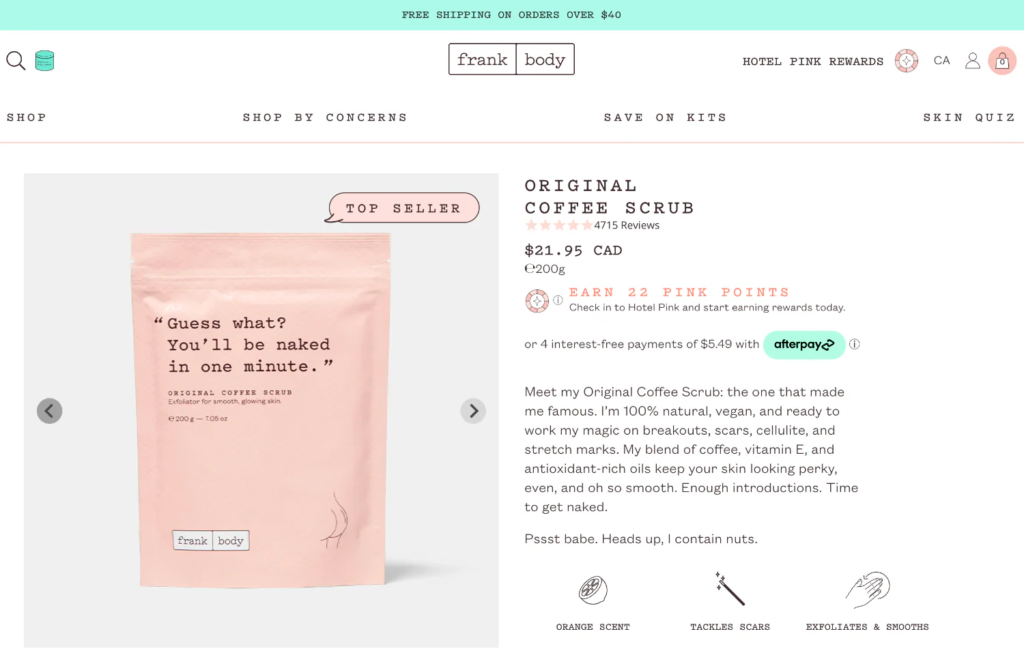
Scalability
As your online store grows, you’ll need a platform that can scale with you. Here’s how the platforms perform in terms of growth potential:
- Shopify: Shopify’s advanced plans are ideal for scaling businesses, offering features like advanced reporting, automation, and reduced transaction fees for higher volume sales.
- Wix: While Wix is great for beginners, it may not handle high-volume stores or complex inventory as efficiently as Shopify or BigCommerce.
- BigCommerce: BigCommerce shines in scalability, offering a wide range of tools for growing stores, including multi-channel selling, B2B features, and advanced analytics.
- WooCommerce: WooCommerce is highly scalable, but as your business grows, you may need to invest in better hosting, security, and performance optimization.
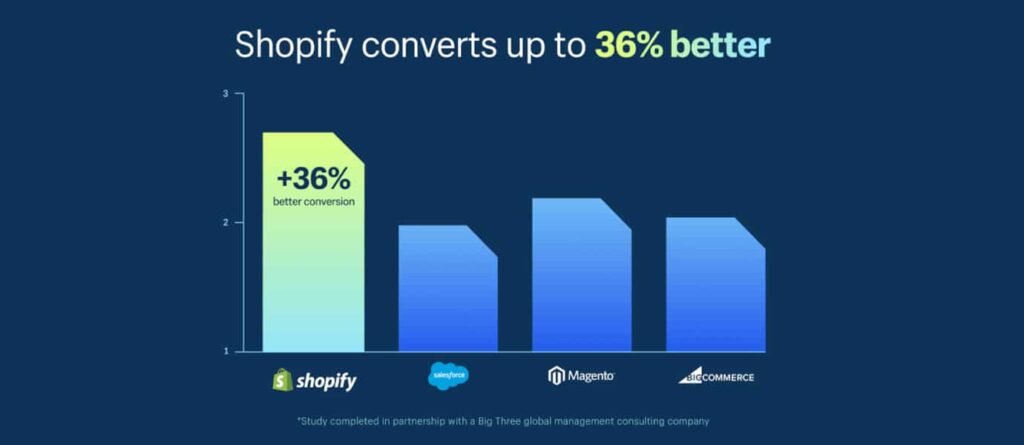
Customer Support
When starting an online store, reliable customer support is essential. Here’s what each platform offers:
- Shopify: 24/7 support via chat, email, and phone, plus a comprehensive help center and active community forums.
- Wix: Offers 24/7 support via chat and phone for premium users. Their help center is also packed with tutorials.
- BigCommerce: Provides 24/7 live support via phone, email, and chat, plus a large resource library.
- WooCommerce: Support for WooCommerce comes mainly through WordPress forums or third-party hosting providers, though some premium plugins offer dedicated support.
How SaleHoo Can Help Beginners Start an Online Store
For beginners looking to start an online store, finding reliable suppliers and choosing the right products to sell can be daunting. This is where SaleHoo comes in as an invaluable tool. SaleHoo is a directory of vetted suppliers and wholesalers, making it easier to source products at competitive prices without the risk of dealing with unreliable suppliers. With over 8,000 suppliers offering more than 1.6 million products, SaleHoo provides a streamlined approach to drop shipping and wholesale sourcing, perfect for those just starting out.
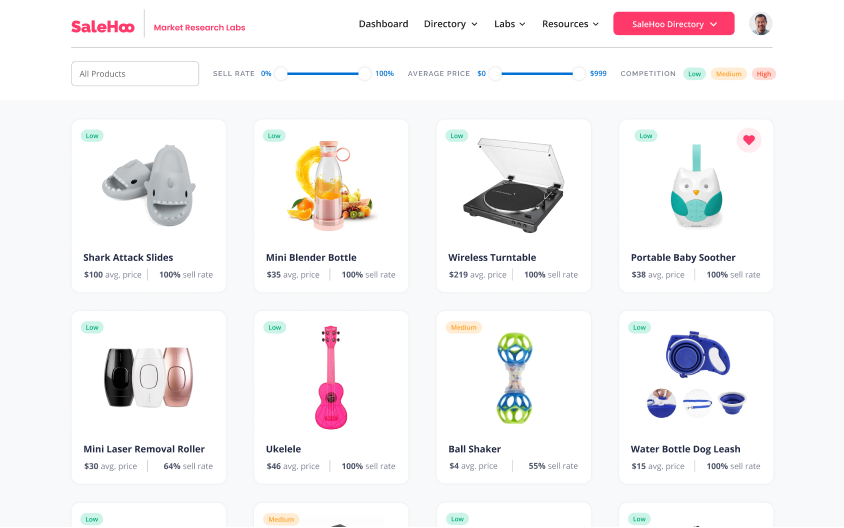
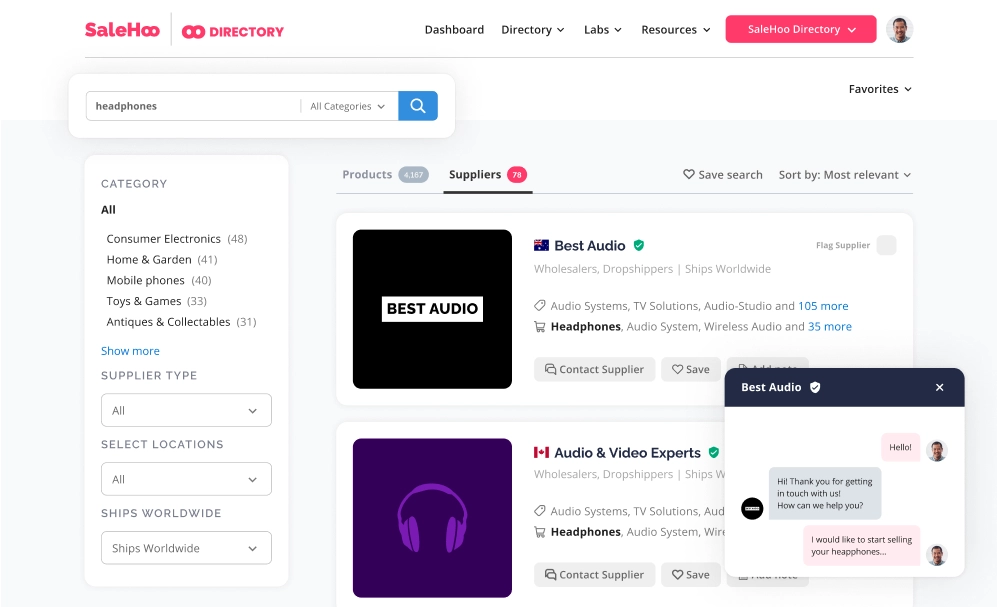
One of the biggest challenges for new e-commerce store owners is finding trustworthy suppliers that ship on time and offer quality products. SaleHoo removes that uncertainty by offering verified suppliers and providing comprehensive data on each one, including minimum order quantities and shipping regions. This helps beginners avoid common pitfalls and ensures a smooth process from sourcing products to shipping them to customers.
Additionally, SaleHoo offers training resources, including guides and video tutorials on how to start an online store, choose profitable niches, and market your products effectively. This hands-on support is invaluable for beginners who need step-by-step guidance as they build their stores.
If you’re ready to take the leap into e-commerce but unsure where to start, SaleHoo can help you find the right suppliers and products with ease. Get started today with SaleHoo today and access thousands of trusted suppliers to launch your online store with confidence!
Related Article: Is SaleHoo Legit? A Comprehensive Review for 2024
Conclusion
Starting an online store in 2024 is an exciting and profitable venture if you have the right platform to support your growth. Whether you’re a complete beginner or looking to scale an existing business, each of the platforms we’ve compared—Shopify, Wix, BigCommerce, and WooCommerce—offers unique strengths suited to different needs.
If ease of use and a quick setup are your priorities, platforms like Shopify and Wix might be your best bet. For those looking to scale rapidly or manage large inventories, BigCommerce excels with its robust features and scalability. WooCommerce is ideal if you prefer total customization and don’t mind handling the technical aspects of WordPress.
No matter which platform you choose, remember to consider your long-term business goals. Take into account factors like cost, scalability, SEO tools, and customer support as they will impact your store’s success. With the right platform, you’ll be well on your way to launching a successful online store that grows and thrives in 2024 and beyond.
Affiliate Disclaimer: Some of the links in this article are affiliate links, which means I may earn a commission if you click on the link and make a purchase. Please note that I only recommend products or services that I genuinely believe in and have personally experienced. Your purchase helps support my work in providing valuable content to readers like you. Thank you for your support!

